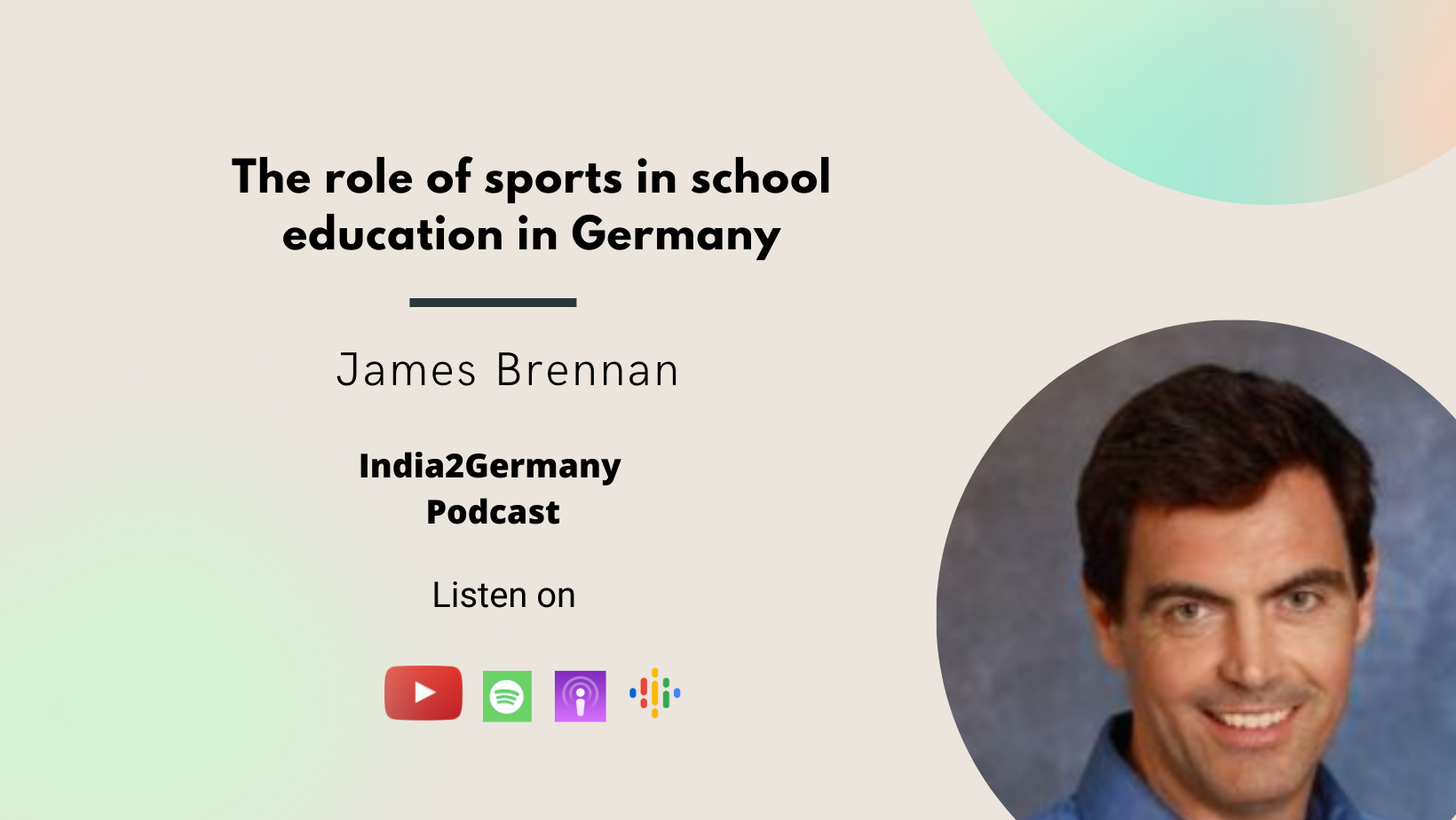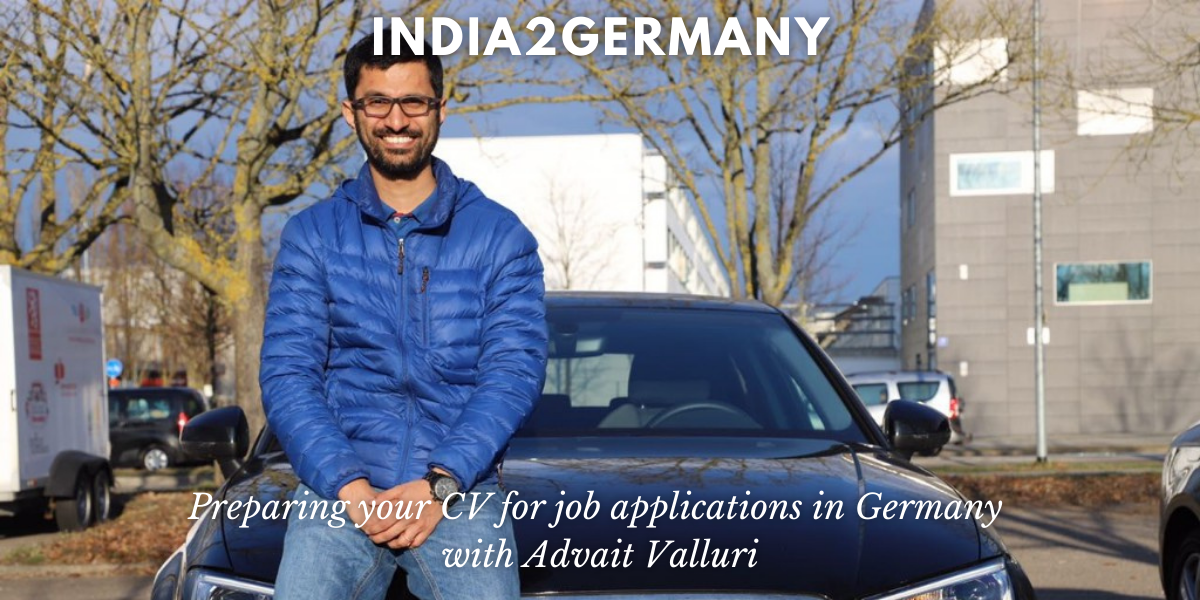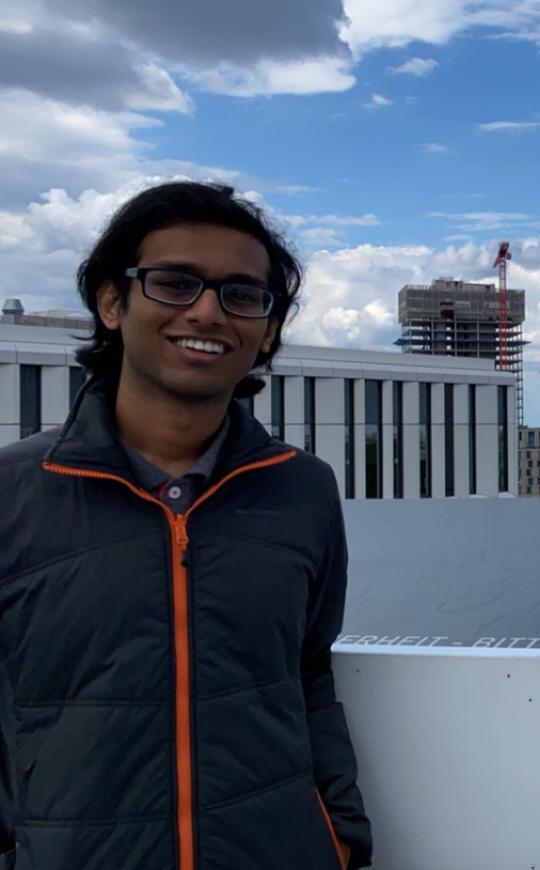
Secondary school system in Germany
Secondary school in Germany differs from most countries since children can "pick" from different tracks after primary school. Let us explain how secondary school works in Germany.
The school system in Germany is quite complex and also pretty different from most of the countries in the world. In most of the other countries, all children continue in the same school after primary school and learn together, no matter what kind of graduation (Abschluss) they want to achieve and regardless of different learning levels. In Germany, there are two to three kinds of paths a child can "choose" from after primary school. This system has been debated for a few years already and is also seen somewhat critically in the society. But why is that and what kind of options are there for your child?
This article is about secondary school in Germany. For information on primary school, check out the article below.

What are the different types of secondary schools in Germany?
For a long time there existed a separation into three different types of schools that a child could attend after finishing primary school.
- Hauptschule
- Realschule
- Gymnasium
The main differences between these three types is the aimed degree, the learning speed, the amount and content of material the children are learning and the learning level. In the Hauptschule and in the Realschule the lessons are more focused on practical work to give the pupils a good orientation of what to choose as their later profession. In the Gymnasium, the classes mostly contain subjects that prepare the children for university.
The Hauptschule ends after the 9th or 10th grade and the children leave school with the Hauptschulabschluss. If your child learns in a Realschule, he or she leaves school after 10th grade with a Realschulabschluss or the MSA (Mittlerer Schulabschluss = middle school graduation).
If your child visits the Gymnasium, he or she will graduate after 12th or 13th grade with the Abitur (highest graduation) or the Fachabitur.
Sounds confusing and it really is. Also for Germans ;)
You have to know, that the states (Bundesländer) in Germany are in control of the school-system. So every state works differently and every state has slightly different rules.
Today, most of the states got rid of the Hauptschule, since it had a bad reputation. Now, the Realschule and the Hauptschule are combined and called Sekundarschule, Regionalschule or Stadtteilschule. It’s truly different in every state.
There is a tendency to combine even more school types to give more pupils the chance of higher education and since there are studies that show that children learn better if they are educated together, regardless of the learning level.
So there is also the possibility of the Gesamtschule. This type of school combines all three school types and gives your child the possibility to achieve the kind of degree that’s possible for him or her. Many parents prefer combined schools because of better social climate and better learning environment.
Combined vs. separate secondary schools
If you ask German parents, if they prefer the divided or the combined system, you will probably meet two different point of views.
Position 1: Parents who like the three school system are convinced that it’s necessary to educate children differently and most of the times, they are scared, that their children won’t get the education they need if they "get lost" in a school full of different learning levels.
Position 2: Parents, who prefer e.g., the Gesamtschule are convinced that the mix of all education levels is important and helpful for their children and their achievements. Those parents object the "old" system because in their opinion, it splits up society and reduces the chances of equal education.
This was already a lot of information. So let’s go back slightly.
When does my child finish primary school? And who decides, which school he or she will attend afterwards?
In most parts of Germany, primary school ends after the 4th grade, except for Berlin and Brandenburg. There, the primary school ends after grade 6.
During the last year in primary school, teachers will give a recommendation for a secondary school for your child.
In most of the states, the teachers only give suggestions, but in some parts of Germany, such as Bavaria, Saxony and Thuringia, your child has to have a certain grade average in the subjects German, Maths and Science to enter the Gymnasium. It has to be 2,33 or better in Bavaria and 2,0 or better in Saxony and Thuringia.
In all other parts of the country, the parents can consider the recommendation of the school but they choose if their child visits the Gymnasium or another school type.
If you want to send your child to a Gymnasium, even if it’s not recommended, you can do that. Except for Bavaria, Saxony and Thuringia. In these areas your child has the possibility of doing a special test at the Gymnasium or to visit the Probeunterricht (trial lessons). After this test or this trial period, the school decides whether your child can visit the Gymnasium.
As you see, it can be pretty tough for your child to get into the Gymnasium and it can put a lot of pressure on children.
My child got a recommendation for the Gymnasium. Can I choose the Gymnasium?
Yes. You can choose the Gymnasium for your child and get him or her assigned there directly.
If you decide on a Gymnasium, you have the choice between secondary schools with different specializations. Roughly speaking, there are schools with a science, music or language focus. All schools prepare you for the Abitur, which allows you to study at all universities in Germany. The choice of school has no influence on the subject your child can later study at university. If your child attends a Gymnasium with a focus on music, he or she can choose a natural science subject without any issues.
📬 Subscribe to our newsletter to stay up-to-date! 👇
India2Germany Newsletter
Join the newsletter to receive the latest updates in your inbox.







